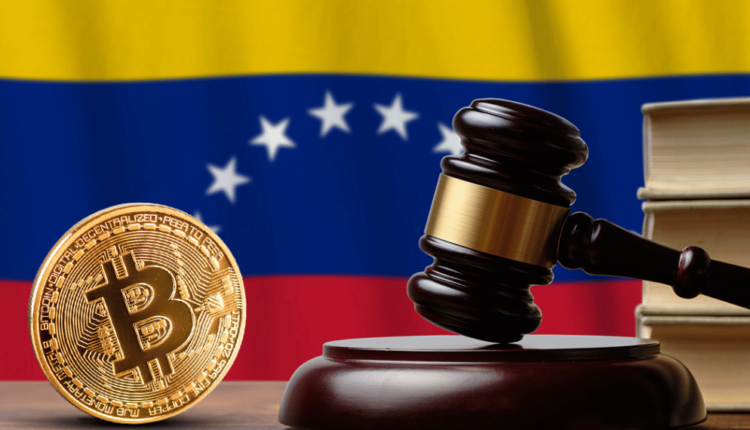Sunacrip could sanction users of unregulated exchanges
Sunacrip published a ruling establishing that people or institutions that use exchanges not authorized by the agency could be sanctioned
The National Superintendence of Cryptoactives (Sunacrip) of Venezuela, in its regulatory role of the Venezuelan cryptographic sector, published ruling 054 that establishes that people or institutions that use exchanges, wallet providers or platforms not authorized by the agency could be sanctioned.
The regulatory body issued the standard with the purpose of complying with the recommendations of the Financial Action Task Force (FATF) on the “fight against money laundering, the financing of terrorism and the proliferation of weapons of mass destruction, through the use of cryptocurrencies.”
The first FATF recommendation assumed by Sunacrip is related to new technologies and indicates that “countries and financial institutions must take adequate measures to manage and mitigate the risks of virtual assets.”
While the second recommendation is the so-called “Travel Rule” and establishes that Virtual Asset Service Providers (VASPs), as well as cryptocurrency exchanges, have a duty to “collect and share the personal data of their clients when executing superior transactions. at $1,000.”
The published ruling refers to “exchanges, wallets and P2P exchange platforms, smart contract developers, ATMs, contactless solutions, services that use or develop big data, artificial intelligence cloud computing, prepaid virtual cards, among others.”
Binance could be affected by Sunacrip
Users who could be impacted by Sunacrip’s measures are those who use the Bitcoin cryptocurrency and those who exchange crypto assets through Binance, since this platform is not authorized by the Venezuelan regulatory body.
The published document does not specify the type of sanctions that the entity would apply to those affected. However, the country has laws that stipulate a series of “sanctions for those who commit violations due to lack of authorization.”
Such is the case of the decree law on organized crime, which article 42 states: “those who operate or carry out any type of activity related to the constitution, issuance, organization, operation and use of crypto assets or sovereign crypto assets, including mining, without the due authorization from the governing body to be sanctioned with a fine”.
Said fine could range from 100 to 300 petros, the cryptocurrency created by the Venezuelan government, which represents approximately between 6,000 and 15,000 dollars.
M. Rodríguez
Click the link to subscribe to our news and media group on Telegram: https://t.me/G_ELSUMARIO_Noticias
Source: criptoides.com


